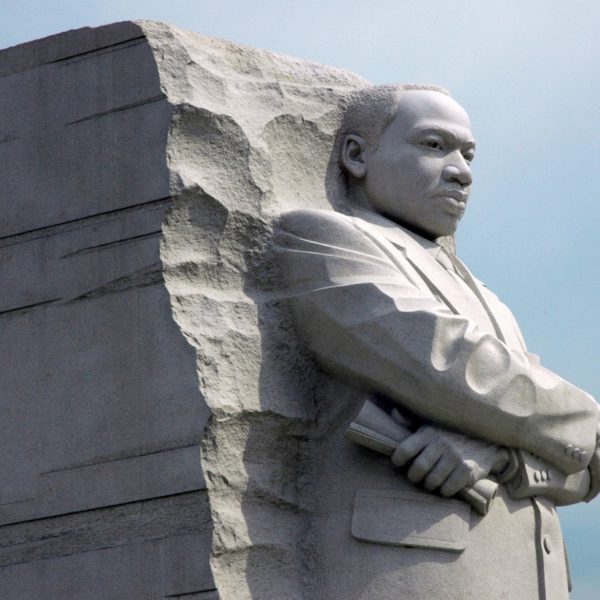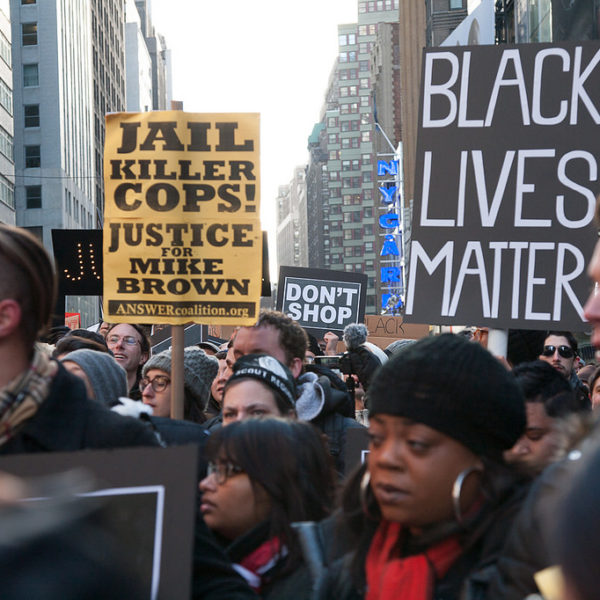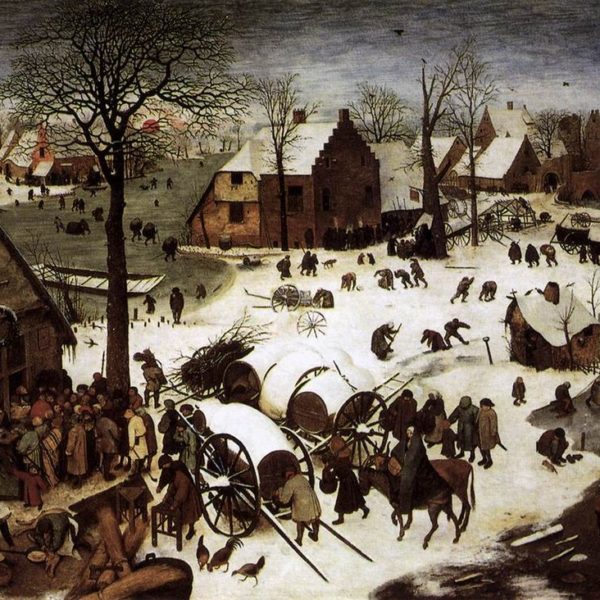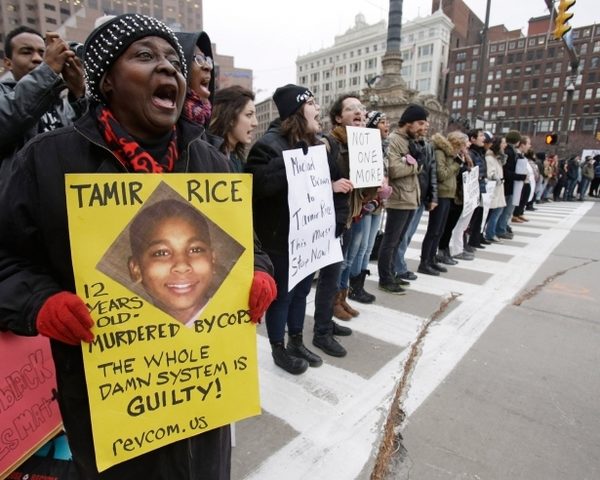
In this week’s edition of QUICK TAKES, we take a hard look at the race crisis in America in light of the death of Freddie Gray and the turmoil in Baltimore. We posed the following questions to our contributors: What do the seemingly regular reports of deaths of young black men at the hands of police officers as well as the resulting protests tell us about the conditions of race and race relations today?
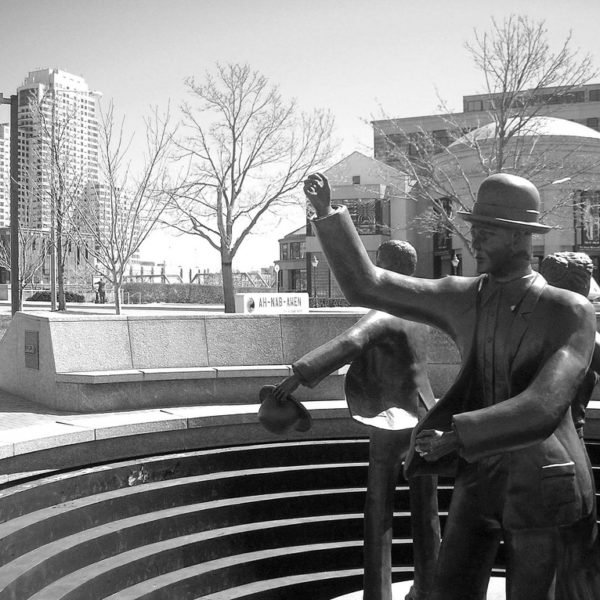
Labor leaders and scholars from around the world are gathering for a two-day symposium in Syracuse, New York, to explore how the moral resources within religious traditions can invigorate labor activism and struggles for labor justice. The symposium will bring together ethicists, theorists, theologians, historians, and others to foster a dialogue intended both to deepen scholarly conversations around these issues and to promote greater intellectual depth for faith-based labor organizing. The conference will be held at Syracuse University and Le Moyne College on April 10-11. Registration is free and all are welcome.

Our discomfort with the notion of God visiting the sins of parents upon their children may lead us to avoid wrestling with Exodus 20:5-6. This would be a mistake. This reference occurs in the context of the prohibition upon idolatry and challenges both our attempts to sanitize God and our idolization of our children.
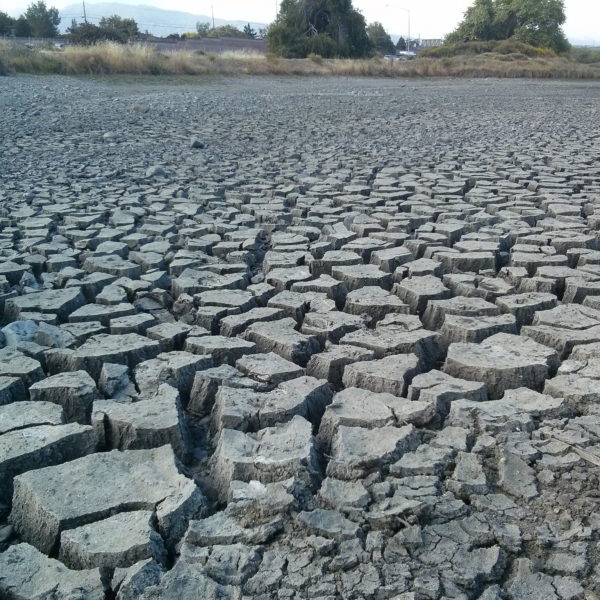
Israel’s experience of thirst in the wilderness should draw our attention to the experience of those for whom thirst and lack of water is a reality of life in our own day. We must identify and address some of the ways in which we are complicit in the forms of injustice that produce such a situation.
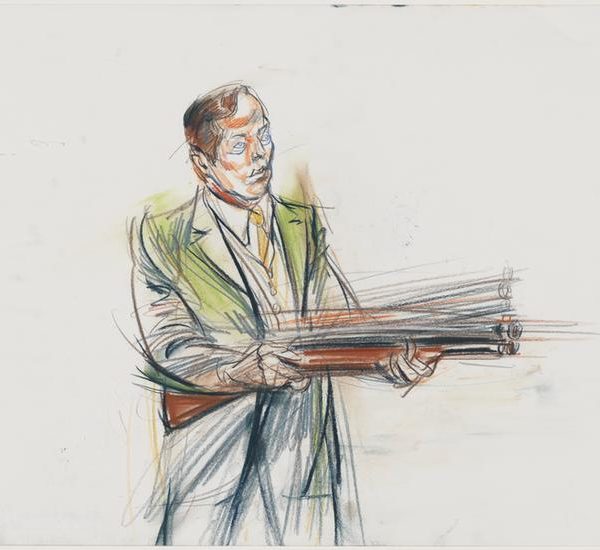
Three years before, Eleanor Bumpurs had been shot. A sixty-six year old black woman shot by a white police officer. Shot twice. With a shotgun. In her home. A case against the police officer wound through the courts in fits and starts. In 1987 the officer was acquitted. It was then, on the streets in front of the courthouse, that the press recorded for the first time the chant, “no justice, no peace.”

In likening kingdoms lacking justice to criminal syndicates, Augustine invokes the story of a confrontation between Alexander the Great and a pirate. Indeed, Augustine judges “that was an apt and true reply which was given to Alexander the Great by a pirate who had been seized. For when that king had asked the man what he meant by keeping hostile possession of the sea, he answered with bold pride, ‘What thou meanest by seizing the whole earth; but because I do it with a petty ship, I am called a robber, whilst thou who dost it with a great fleet art styled emperor’” (De civ. Dei 4.4.1).


